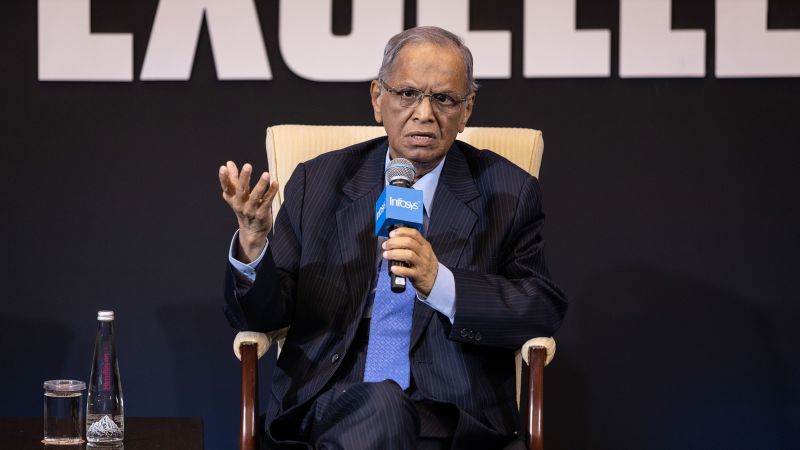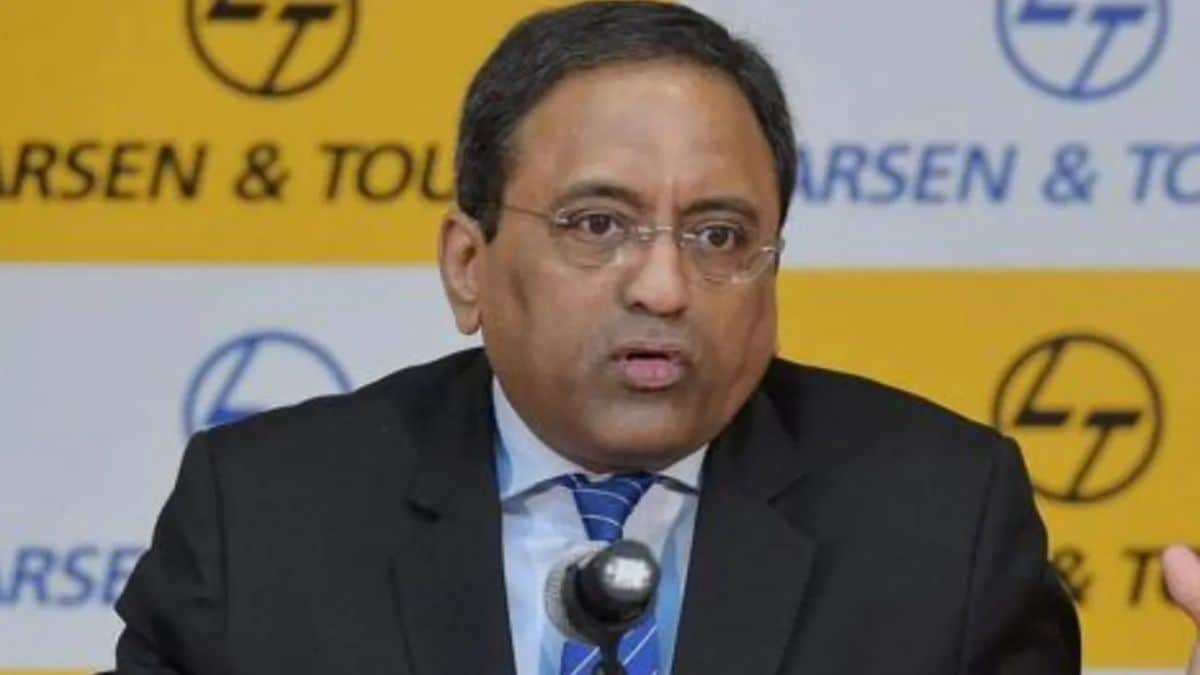Dear Tech CEOs, Here's why 70 or 90-hour work weeks make no sense to me

TLDR; First learn to pay your talented programmers the minimum hourly wage of a developed country - then expect them to work 70-90 hours a week. If they want to.
There are calls from CEOs of various fields and backgrounds for young people to work up to 90 hours a week. I don't think it's bad to ask things of young people who are full of willpower and energy.

However, this demand is nowhere near the value a young person would get while fighting for a nation in need. They could join an army or scientific community to add value to the public sector for the public, which is funded by taxpayers. Corporations aren't exactly known for their tax-paying prowess.

Dear Tech CEOs: First learn to pay your talented programmers the minimum hourly wage of a developed country - then expect them to work 70-90 hours a week. If they want to.
Let me explain!
Don't you think it's fair to compare talented programmers who have gone through institutes like IITs with minimum wage workers in the West who make 15 USD an hour?
I say give these talented coders what respected toilet cleaners [not calling it a bad profession by saying so] in the west get if you expect a buttery smooth 70-90 hour work week for real.
Personally, I don't think cleaners should be paid minimum wage, they are individuals who have to expose themselves to disease in their jobs.
Let's do the math for an 80 hour work week!
15 USD x 80 x 4 = 4800 USD/month minimum wage.
In your opinion, do talented coders from India receive a fair compensation for their work, equivalent to that of minimum wage earners in Western countries? Is it not the very least that Tech CEOs should be deploying in their organizations? Let us make it possible for everyone who wants to join the closed beta version of 'National Building Program' of yours.
Didn't our parents tell us to work hard so we wouldn't have to work more and still be paid less? Wait! So our tech CEOs want us to work hard in school to get into a good tech college, and then work harder to get into their company, and then still get paid less? Is this not a classic case of misrepresentation of the facts or of the whole system, from the school all the way to getting a job?
Questions outnumber answers.
Dear Tech CEOs: Respect a programmer or coder [they are talented human beings with good grades who fought the competition to be there]
Basically, you have to work hard to move up the ladder to become a coder or developer. From school, to entrance exams, to job interviews, to relocation, to leaving your home and comfort entirely for a company.
I've tried coding many times, you can't do it for the sake of doing it. You have to have the patience to think and find the logic to crack a code. It's not for everyone. There are a few coders who ultimately make a good product good or bad in terms of product experience and output.
I host the server software for this blog myself, at best I compile a few binaries and fix a few configurations. That is about it. I just never add any value other than feedback to the developers about what I want. It is just mean to ask for things without giving the developers the respect they deserve.
When I looked at it, developers get paid what someone who works in customer service would get paid, someone who just answers the phone to customers or deals with them at a desk in a supermarket.
So you are consistently demonstrating a high level of intellectual engagement and productivity, trying to code a piece of software, thinking up algorithms, and you get paid the same amount as if you were just talking to somebody.
Again, this is not about compensation. What kind of dignity are we offering to a developer, then? Should the life of a talented programmer not be an aspiration? Aren't we, in fact, pushing the youth away by doing this?
A young programmer will go through university (if they can afford it), then leave the country because they are saddled with student debt that takes out of their pay package each month, and they are not paid a substantial amount in accordance with their work, so they tend to move to another country for better pay for the same work. All this in the hope of getting a decent work week.
Dear Tech CEOs: There are such things as work-life balance and excess of anything is bad
As you have read, there is little pay and almost no dignity in the life of an average programmer today to motivate them to crave a 70 or 90 hour work week.
A founder may find it beneficial to devote themselves to coding until they pass out, driven by a passion for the growth and success of their company. This approach can yield significant returns, both financially and in terms of personal fulfillment as an owner. It is not likely to be the same for an employee, however.
Work is function and purpose, and one cannot live without function and purpose. Beyond work, there is a personal life where you appreciate the fruits of your hard work.
Some would like to entertain themselves through social activities like clubs, outings etc. For others, it might just be playing games or watching TV at home with friends.
Personally, I like to dedicate one day a week to my son and wife, even though I am available to them until noon every day of the week. I like to take them to a public garden or a picnic place or a skate park or a shopping mall or a temple. To really enjoy the fruits of my hard work as an independent freelancer.
Employers must understand that some employees are in their positions for the purpose of living their lives to the fullest. This does not imply a lack of intelligence or capability; rather, it highlights a preference for a more balanced lifestyle. Many individuals maintain a single position, even if it involves a 40-hour workweek and five days of work.
They prioritize focusing on a single job and dedicate their time to it. Achieving excellence at work necessitates maintaining mental and physical well-being.

Achieving a healthy balance between professional obligations and personal life is paramount. An imbalance can be detrimental to one's well-being.
Young Tech CEO's Perspective: Meet Jay Mehta, a budding tech entrepreneur from Wah Wah West of India
To put things into perspective, it was more than necessary to hear from the relatively young on the other side. While discussing this online, I met Mr. Jay Mehta, who runs a small IT company in the western state of Gujarat, India. He has a few employees and works as a lead developer for the company. In my opinion, his experience makes him the perfect candidate to lead this discussion at the grassroots level.
According to him, the minimum wage I'm trying to propose for coders is not justified. He thinks hourly rates are for small or part-time jobs, like a waiter. Just like a chef does not work on hourly rates, he decides his own rate based on his artistry.
Coding is an art and you get paid based on your skill. Hourly rates are for tasks that are repetitive, menial, and do not require specialized skills.
Jay is very clear about the comparison between a cleaner and a gifted coder from a prestigious university anywhere. It all depends on the skills.
A hard-working, dedicated toilet cleaner who is very good at his job, one who cleans toilets in a rich family's mansion every day, has potential to earn more than a bad coder working in a reputed tech company in India.
Graduating from a good university may still mean that the individual is at the bottom of the list of qualified graduates from his batch. If he/she is good, the skill set will definitely land him/her a good job in India comparable to working professionals in any developed country.
According to Jay, there is no incentive for an employee to work these 70 or 90 hour weeks if you are working in a company and not doing anything that matters to the company. Again, it depends on what kind of company you work for and what kind of work you do.
Jay goes on to explain how hourly rates are bad for you. They set a ceiling. People think its about a floor, but its not its very much a scheme to pay you less. You get lumped in with low-skilled workers and you get paid the same as those low-skilled workers.
You must ask, who creates more value for the company, you or him?
Jay adds, "I know developers who are good and earn more than 100-200K INR per month in India," and I have developers working for me who I pay 30K per month. Isn't it interesting that both work the same number of hours per week? What's even more interesting is that my developers work more than my friend, who earns 100-200K INR per month.
The reason for this is that the time it takes for my developers to create something is 5-10 times what other developers earning more can make in.
So you see how salary is decided based on how fast you can work and how skilled you are. It's not about how long you work.
Jay also hires interns sometimes, and they work the same hours for 10-15K INR a month. As per him, there is also another point to consider. Imagine a scenario where the minimum wage is determined by the number of hours worked. Previously, a company might have hired 10 people at a rate of 15K per month, but now they'd have to pay 25K per month. They might decide to let go of the less skilled and hire more qualified individuals, which could result in a reduction of 3 employees. So, it's really more beneficial to base wages on a person's skills and the value they bring to their workplace.
He also highlights the challenging reality of today's world.
If you try to earn more than your skills, you will be replaced.
No matter what the minimum wage rules are.
Another perspective from a UK-based sysadmin who goes by the nickname RobbieAB on Libera IRC network:
There is a common stereotype, and I agree it is a stereotype that may be wildly inaccurate and there are obviously exceptions, that companies that "outsource to India" experience a significant drop in the quality of service provided, but do it anyway in pursuit of lower costs (commoditization of their engineers).
The problem you are facing is that you are trying to compare "commodity" engineering roles (this is not a knock on the talents of the engineers filling them!) with "snowflake" roles. If your engineers are essentially commodities, they are interchangeable and will be paid as such.
Anyone who has run large systems knows that good sys-admins are really NOT commodities, and not really interchangeable, and when they need to be replaced, there is a learning curve of months, sometimes years.
However, if you run a large company that essentially depends on your customers buying the lie that engineers are interchangeable and don't have long training periods, you have a commercial incentive to argue that.
To be clear, my take on this whole outsourcing to India debate is that the problems that inevitably arise are mostly due to bad management, not the quality of the poor cogs trying to deliver the service.
So complaining that someone running a company based on selling the services of commodity engineers wants to treat their engineers as commodities sounds a lot like complaining that a dog is a dog.
It's astonishing how opinions shift when you present the opposing viewpoint. I firmly believe that the more you delve, the more the line between quality and quantity becomes indistinct.
What's your take on it? Share your thoughts in the comments section.







